Sudan
Ethnic violence in Sudan’s troubled western region of Darfur killed at least 12 people over the past few days, an aid group said on Sunday.
The clashes between herdsmen and farmers in the Beleil area in South Darfur province also wounded at least 42 people, said Adam Regal, spokesman for the General Coordination for Refugees and Displaced in Darfur.
Local authorities said the clashes grew out of an attempt by herdsmen to loot a motorized rickshaw known as a tuk-tuk in the village of Amouri, killing one person. The fighting escalated on Thursday and Friday when herdsmen and the local population traded attacks.
Authorities on Saturday declared a state of emergency and imposed a night-time curfew in Beleil to help stop the clashes.
Regal said the aid group counted 12 dead in the fighting, and the tally could be higher. He said many villages in the area were either burned down or looted.
Hundreds of families were displaced and took shelter in Nyala, the provincial capital of South Darfur, he said.
The violence was the latest to rock Darfur in recent months. In November, at least 48 people were killed in tribal clashes in Central Darfur province.
The sprawling region was engulfed in bloodshed in 2003 when rebels from the territory’s ethnic central and sub-Saharan African community launched an insurgency, accusing the Arab-dominated government in Khartoum of discrimination and neglect.
The government, under then President Omar al-Bashir, responded with a scorched-earth assault of aerial bombings and unleashed local nomadic Arab militias known as the Janjaweed, who are accused of mass killings and rapes. Up to 300,000 people were killed and 2.7 million were driven from their homes.



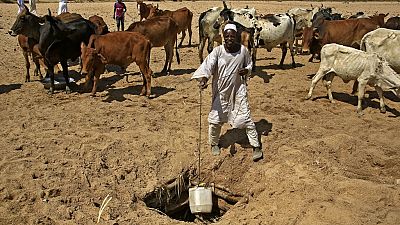

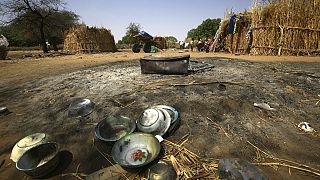
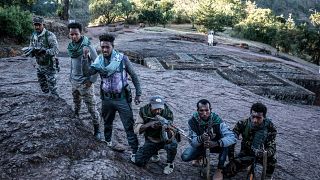
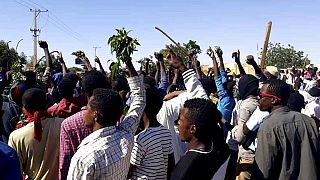
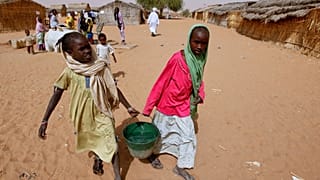
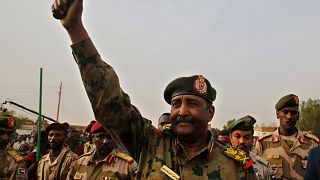
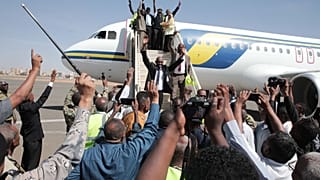


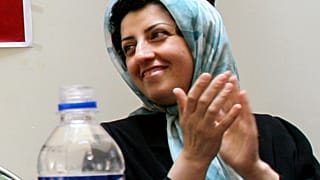
01:01
South Africa produces first local vaccine to combat foot-and-mouth disease
00:50
Drought in Kenya spreads beyond arid north
Go to video
Women 'main victims' of Sudan crisis as sexual violence used as weapon of war
01:00
Sudan war blocks 8 million schoolchildren for nearly 500 days-NGO
00:07
UN High Commissioner for Human Rights continues his visit to Sudan
01:00
Farmers leave Paris but tensions rise in Toulouse over EU-Mercosur trade deal